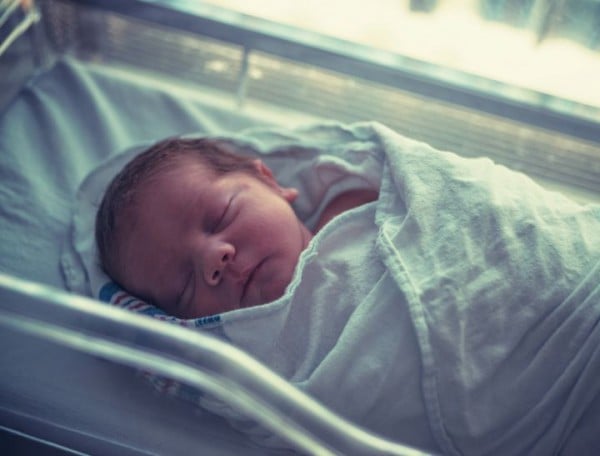
Pregnancy could soon become obsolete, thanks to science.
Introducing ectogenesis – the process of growing a baby in an artificial womb, instead of inside the mother’s body.
Experts believe these “artificial wombs” could be widely used within decades.

Writing for Motherboard, futurist Zoltan Istvan explained:
"The term ectogenesis was coined in 1924 by British scientist J.B.S. Haldane. He predicted by 2074 only 30 percent of births would be human births. Science has grown much quicker than he realised, and his take is probably much too conservative. Some futurists like myself (I’m also married to an ObGyn) think ectogenesis will be here in 20 years, and widely used in 30 years around the world."
Yikes.
But while the idea is definitely controversial and raises many ethical questions, Istvan says the technology is being developed for medical reasons - to prevent premature births, to produce healthier babies, to help women who are unable to conceive or carry their own babies and to save women from the dangers of pregnancy and childbirth.
And they're making incredible progress.
Mouse and goat embyos have already been grown in artificial wombs, while Dr Helen Hung-Ching Liu, Director of the Reproductive Endocrine Laboratory at the Center for Reproductive Medicine and Infertility at Cornell University, has grown a human embryo artificially for 10 days.

